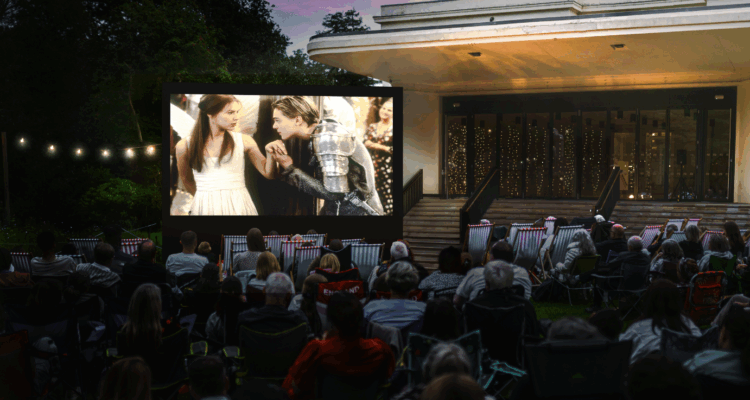Creating a Love of Reading
Posted on behalf of Sam Shipman, Get Into Reading Project Manager for Young People
Michael Gove, the Secretary of State for Education is leading the way in a push to raise national literacy levels after a report last December found that reading standards in teenager in Britain had fallen from 17th to 25th in the international league table. In the news today, Gove has said that he wants to ‘raise the bar’ in children’s education by requiring Secondary school age children to read 50 books a year, that’s one book every week!
Whilst it is an admirable target and fantastic to see that Gove has recognised the need to get more children reading more regularly, it is also something that would be seen as completely unattainable for most children. At The Reader Organisation we believe that it is a love of reading that is important and always quality, not quantity. We are completely behind Michael Gove in wanting to raise literacy standards in the children and young people of Britain but we believe that reading is a gift for life and does so much more for you than simply raise your literacy levels, we don’t want children to plough through book after book; we want them to read.
Whilst regular enforced reading may well raise literacy levels in the short term, all of the other benefits of reading great books would be lost amidst a race to finish a book and move on to the next one. This racing to finish books is already evident in many of the children that I work with, and it takes a long time to change their concept of reading, moving it from, "I must read this many pages a night", to, "I’ll read this book because I enjoy it and I want to keep reading", and it is only when this changes that the real benefits of shared reading can be felt. And what about the children who don’t read, who have never read and are filled with horror at the thought of having to read one book a year, never mind 50 books, how would this affect them?
I have read weekly with one young girl for a period of three years, and throughout the first two years of us working together she refused to be persuaded to read an entire book, we read plenty of poetry together but the concentration and commitment needed to stick with a novel just wasn’t there. We read the first few chapters of many novels together but she would always want to stop and move on to something else after that. I felt that it was important to not force her to read as love of reading is something that cannot be forced. Instead we must give children the opportunity, space, and freedom to allow a love of reading to develop, and above all it should be personal choice. After two years of patience and continuing to work with this young girl, something changed and we read an entire novel together. Since then there has been no looking back, we have read three novels together, all of which she has enjoyed. In February half term I loaned a book to her that we had been reading, saying "just in case you’ve got some spare time, you could read a few chapters", she replied by saying, "I’ll borrow it but I probably wont read it". When I went back the following week she had finished the book, reading over 200 pages that week and she was full of enthusiasm for the story, telling me all that had happened and asking if she could read the last two chapters to me as they were really great. It is developing this passion for literature that will change the literacy standards of children and young people.
Share
Related Articles

Open Air Cinema and Theatre FAQ’s
If you were able to snap up tickets to our Open Air programme this summer, check below for any queries…

New Liverpool open air cinema brings movies to the Mansion
NEW FOR 2025: Eight handpicked films will hit the big screen in Calderstones Park this summer as national Shared Reading…

A breath of fresh air! This summer’s outdoor and cultural events at our Calderstones Park home
The Reader serves up a giant scoop of summer arts and entertainment from three special summer garden parties with special…


